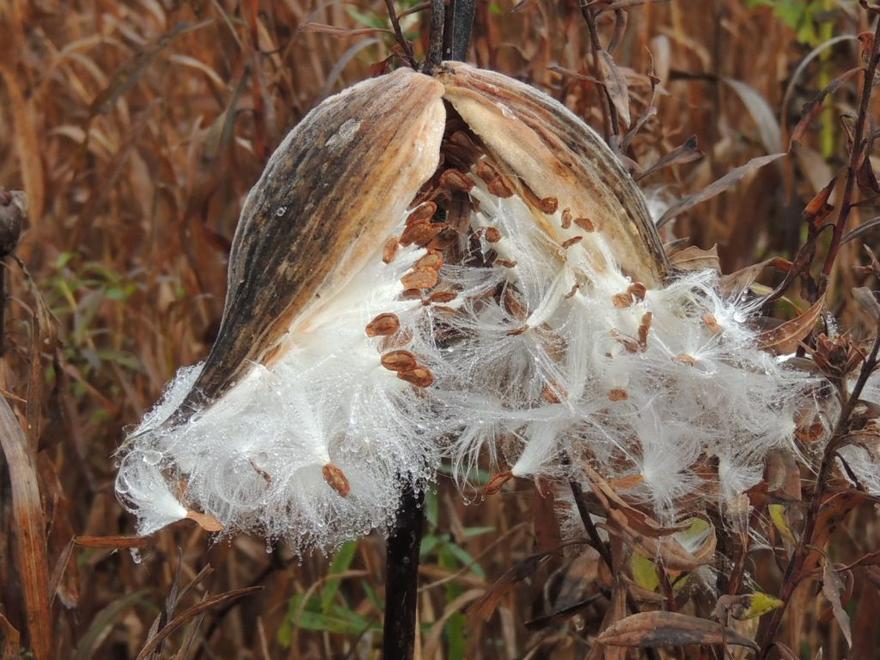High Histamine?

Histamine release is part of the immune response to a foreign protein. Symptoms are usually confined to one area of the body and include itchy skin, low blood pressure, increased heart rate, changes in blood vessel wall permeability, flushing, pain, and difficulty breathing. Some of these bodily changes result in sneezing, nasal congestion and runny nose. If the immune reaction is severe, it causes anaphylaxis, which is a body wide, life threatening over production of histamine.
1. Some people don’t have enough of the enzyme needed to break down histamine and clear it out the body. This enzyme is called diamine oxidase (DAO). DAO is produced in the wall of the intestine so gut health can play a big role in how much is produced.
2. Overgrowth of some bacteria and yeast in the gut may lead to higher histamine production. Gut healing protocols to remove or rebalance the microbiome, repair the gut lining and re-inoculate with healthy bacteria are often helpful in reduction of histamine.
3. Many women find histamine intolerance becomes very pronounced when estrogen levels are high, as it stimulates histamine. Botanical hormone modulators may be of assistance.
4. Research also shows there might well be a crossover with some long COVID cases whereby mast cells have gone into overdrive and histamine is exceptionally high. Correction of nutrient deficiencies may provide some relief.
5. Certain foods and drinks – such as caffeine and wine – are DAO blockers and so prevent it from doing its job.
6. Histamine levels rise in foods as they ripen or age, so it’s important to eat foods which are as fresh as possible. The foods that contain high histamine levels are also ones that have been altered through preservation or processing.
7. Antihistamine medications don’t actually remove histamine – they just block the receptors. Over time, the body will actually pump out more histamine as it will be tricked into thinking it’s not making enough.
8. Intense exercise can produce more histamine and aggravate an already high histamine level.
Stress management plays a role as does mindful eating, and consider doing gentle movement such as walking, swimming, yoga or Pilates to aid lymphatic flow and detoxification.
This article is for information purposes only and is not medical advice.